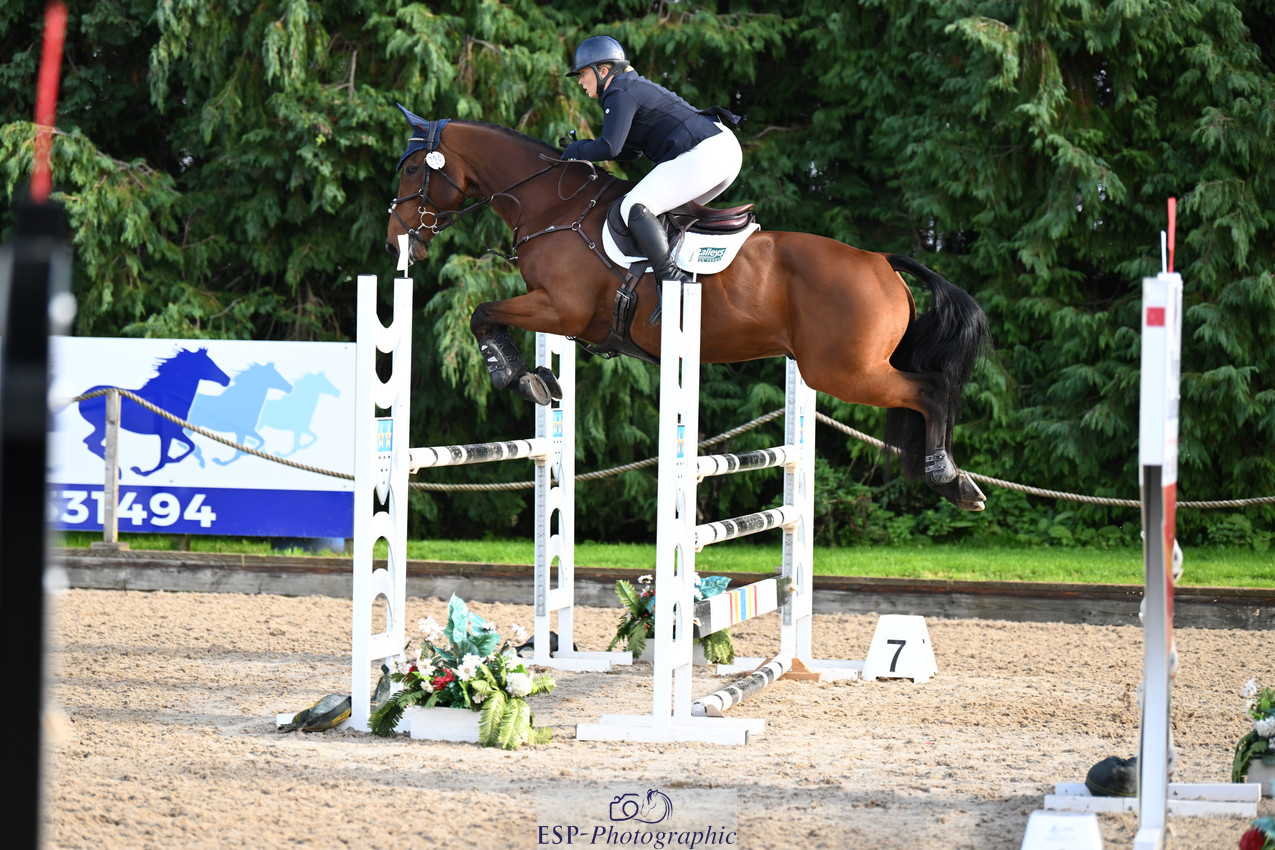SJ course riding with Sue Chadwick @ Northcote Stud Equestrian
Saturday 24 January 2026
Entries close in 1 day

7 upcoming events
Next event:
24/01/2026 XC Clinic at Breckenbrough with Sara Bowe
Find out more ..
Horse sport is an integral part of British culture, with roots deep in the history and traditions of this country. Horses have played an important role in society since ancient times. It has become not only a way of entertainment and a major lucky mister casino, but also a symbol of status, strength and elegance.

This paper will examine the importance of horse sport in Britain's cultural heritage, its historical roots and its contemporary significance to society.
A look at the history of horse sport in Britain reveals a remarkable journey through the ages, from ancient times to the present day. Already in the early periods of Britain's history, horses played a significant role in the everyday life of society and their use for sporting purposes was no exception.
In the Middle Ages, horse sport became particularly popular and became an integral part of knightly tournaments, where strength and agility on horseback determined the honour and glory of the warrior. Tournaments, competitions for speed and agility, and the desire to win became symbols of the time and remain important elements of horse sport to this day.
The royal family and the aristocracy made a huge contribution to the development of horse sport by supporting it and organising various competitions and events. Horses were often an integral part of lavish celebrations and royal processions, emphasising the grandeur and power of the monarchy.
Modern Britain continues to develop and support a variety of forms of horse sport that have become not only part of the sporting world but also an important aspect of the country's cultural heritage.
Polo. Is one of the most prestigious and elegant forms of horse sport, historically associated with the aristocracy and royal families. Polo competitions are held on open fields, where two teams on horseback aim to score a ball into the opponent's goal using long sticks. Polo is not only popular among professional athletes, but is also an object of admiration for spectators, attracting the attention of the elite and the general public. Horse racing. Have a rich history going back to the Middle Ages. It is one of the most popular and spectacular horse sports, which attracts millions of people, both participants and spectators. Horse races are held on special tracks where horses compete in speed and endurance. Horse racing is watched not only as a sporting event, but also as part of a cultural heritage that preserves traditions and attracts the attention of many generations. Horseracing competitions. Represent a wide range of sports including show jumping, horse training, dressage, etc. These competitions are often held at shows and festivals where spectators can enjoy the elegance and skill of the riders and horses. In addition, many types of horsemanship competitions are part of the Olympic Games, which underlines their importance and prestige in the global sporting community.
Whilst significant efforts have been made to preserve and develop horse sport in Britain, there are certain challenges and prospects that need to be considered to ensure its long-term success.
Modern society tends to constantly evolve and change, which can create challenges for the preservation of the traditional aspects of horse sport. A balance must be found between preservation and modern trends in order to keep the attention of the new generation and maintain respect for the historical roots of the sport.
British horse sport has great potential for development, not only domestically but also internationally. International competitions and co-operation with other countries can help to share experiences, increase opportunities for athletes and raise the profile of the sport.
Young people play a key role in the future of horse sport. It is necessary to create the conditions to attract young people to the activity, to make education and training accessible and to motivate their participation through events and competitions targeted at a youth audience.
Successfully overcoming these challenges and realising promising opportunities will enable horse sport in Britain to retain its importance and relevance as part of the cultural heritage and sporting industry for many years to come.
Equestrian sport remains an integral part of Britain's cultural heritage, where history and modernity intertwine to create a unique atmosphere and enrich the country's national identity. From ancient tournaments to modern competitions, horse sport continues to inspire, amaze and unite people around a shared passion for horses and sport.